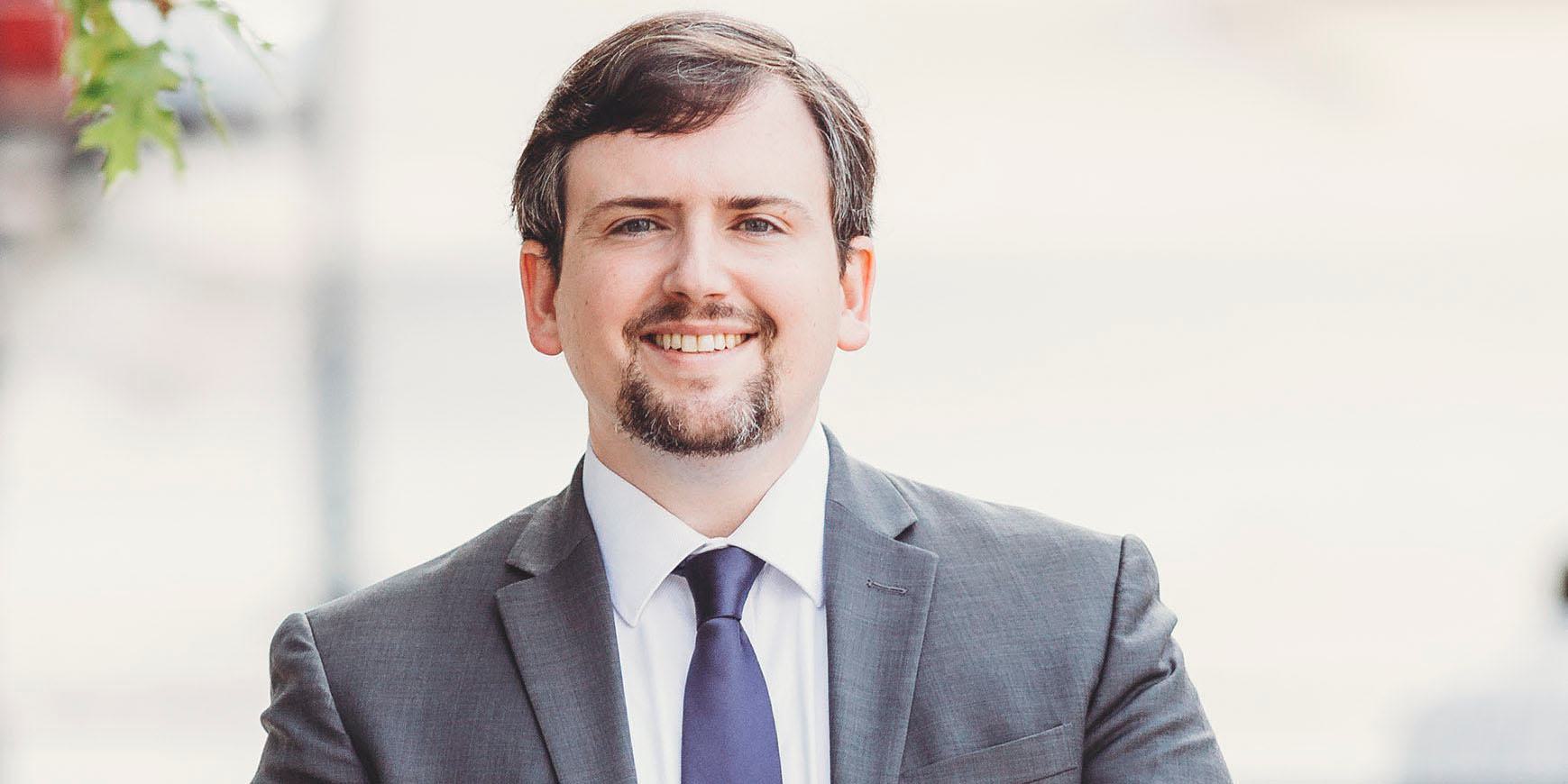On Thursday, the U.S. Supreme Court issued decisions in two vaccine-mandate cases: the OSHA case (which the Alabama Center for Law and Liberty challenged), and the Centers for Medicare and Medicaid (“CMS”) mandate. The Court put the OSHA mandate on hold, reasoning that OSHA was probably going to lose because the mandate far exceeded its authority. However, it reached the opposite conclusion in the CMS case.
The decision in the OSHA case was a monumental victory for freedom, but the decision in the CMS case was erroneous and now puts our healthcare workers’ freedom in harm’s way.
First, let me talk about the decision in the OSHA case.
In this case, I had the honor of representing FabArc Steel Supply Inc., and its President Tony Pugh, who decided to challenge OSHA’s rule. If you’re not familiar with it, OSHA came out with an emergency rule providing that all businesses employing 100 people or more needed to get them vaccinated or tested every week. FabArc and Pugh decided to stand up for their employees and fight back, so we sued in federal court. We were among about 50 lawsuits to challenge the mandate and 14 to ask the Supreme Court to step in.
Fortunately, in a 6-3 vote split along ideological lines, the Supreme Court saw the OSHA mandate for what it was: an attempt to make a major healthcare decision for 84 million Americans by framing it as a workplace-safety decision.
The legal doctrine that the Court used to make its decision is called the major-questions doctrine. Under this rule, the Supreme Court expects Congress to speak clearly if it wants to give an administrative agency like OSHA the power to make decisions of vast economic and political consequences. In this case, the statute that created OSHA gave the Secretary the power to make emergency rules if he found that workers were being exposed to agents or toxins in the workplace that posed a grave danger and if an emergency rule was necessary to combat that danger.
The Biden administration tried to argue that this is exactly what’s going on here: COVID-19 is an agent that poses a grave danger, and vaccination or testing is necessary to combat it. But the Supreme Court saw it differently, reasoning that these general powers given to OSHA, which are supposed to address specific hazards in the workplace, can’t be used to justify such a drastic healthcare mandate under the guise of keeping the workplace safe.
To use a Biblical analogy: most of us know Philippians 4:13, which says, “I can do all things through Christ who strengthens me.” Does that mean I can bench press 1,000 pounds since it says I can do “all things?” No. In context, Paul was talking about being content with little or with much (as he was writing from prison), because he could do “all things” through Christ who strengthened him. This verse can’t be ripped screaming out of its context to say things that Paul never intended. Neither can the language in the OSHA statute be ripped from its context to address an entirely different subject than what the law meant to address.
Unfortunately, five justices failed to employ the same logic in the CMS case. Chief Justice Roberts and Justice Kavanaugh, who are viewed as the swing votes among the conservative bloc, joined the liberals to rule in favor of the CMS mandate. The statute, in that case, gave the Secretary of Health and Human Services the authority to impose conditions on receiving Medicare or Medicaid funds that he “finds necessary in the interest of the health and safety of individuals who are furnished services.” The Court thought that, unlike the OSHA mandate, the CMS mandate fit, because it would do little good for patients relying on Medicare and Medicaid to go to the hospital just to get COVID from the healthcare workers.
This is closer than the first case because here we’re at least dealing with the same subject. However, the Court’s decision in the CMS case would be like saying that “I can do all things through Christ who strengthens me” means I can become a millionaire since it discusses how to get along with great or small means. That interpretation of the verse still misses the mark though, as does the Court’s interpretation of the statute. As Justice Clarence Thomas explained in his dissent, this catch-all language does not give HHS such awesome power, but only the power to carry out administrative functions necessary to implement the program.
So while I celebrate the victory for my client, I grieve for the healthcare workers that must choose between their jobs and their jabs. Fortunately, they still have two legal options: religious exemptions and medical exemptions. If healthcare workers have sincere religious objections to getting the jab, then the Free Exercise Clause and Title VII trump the CMS mandate. Likewise, if someone with medical conditions can invoke the Americans with Disabilities Act, then that law trumps the CMS mandate.
Those with religious or medical objections to the vaccine should contact a lawyer to discuss their options, because there still may be hope after all.
Matt Clark is the President of the Alabama Center for Law and Liberty, a conservative nonprofit law firm that fights for limited government, free markets, and strong families in the courts. The opinions expressed in this column are those of the author. The views and opinions expressed here are those of the author and do not necessarily reflect the policy or position of 1819 News. To comment, please send an email with your name and contact information to Commentary@1819News.com










